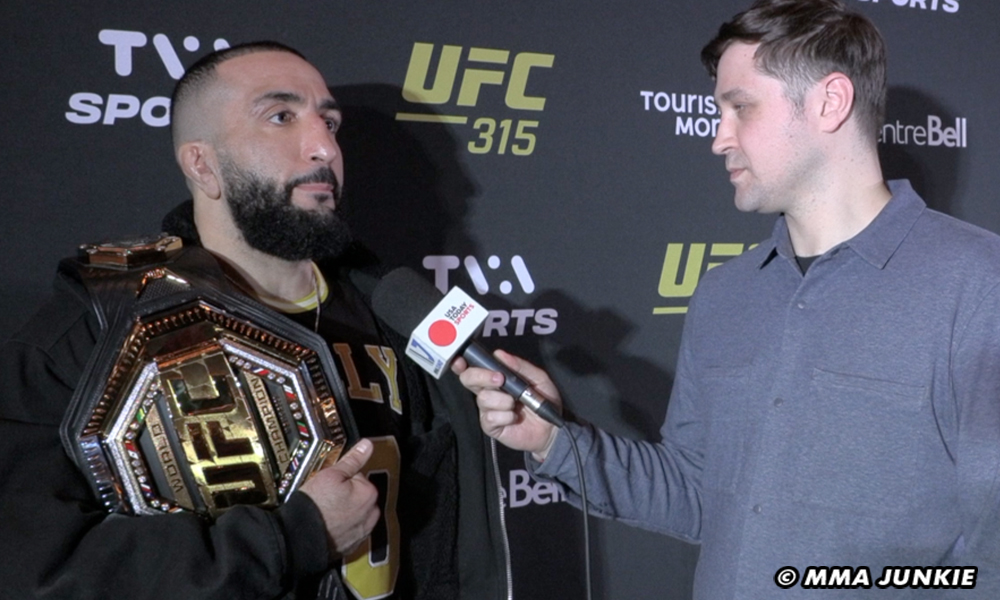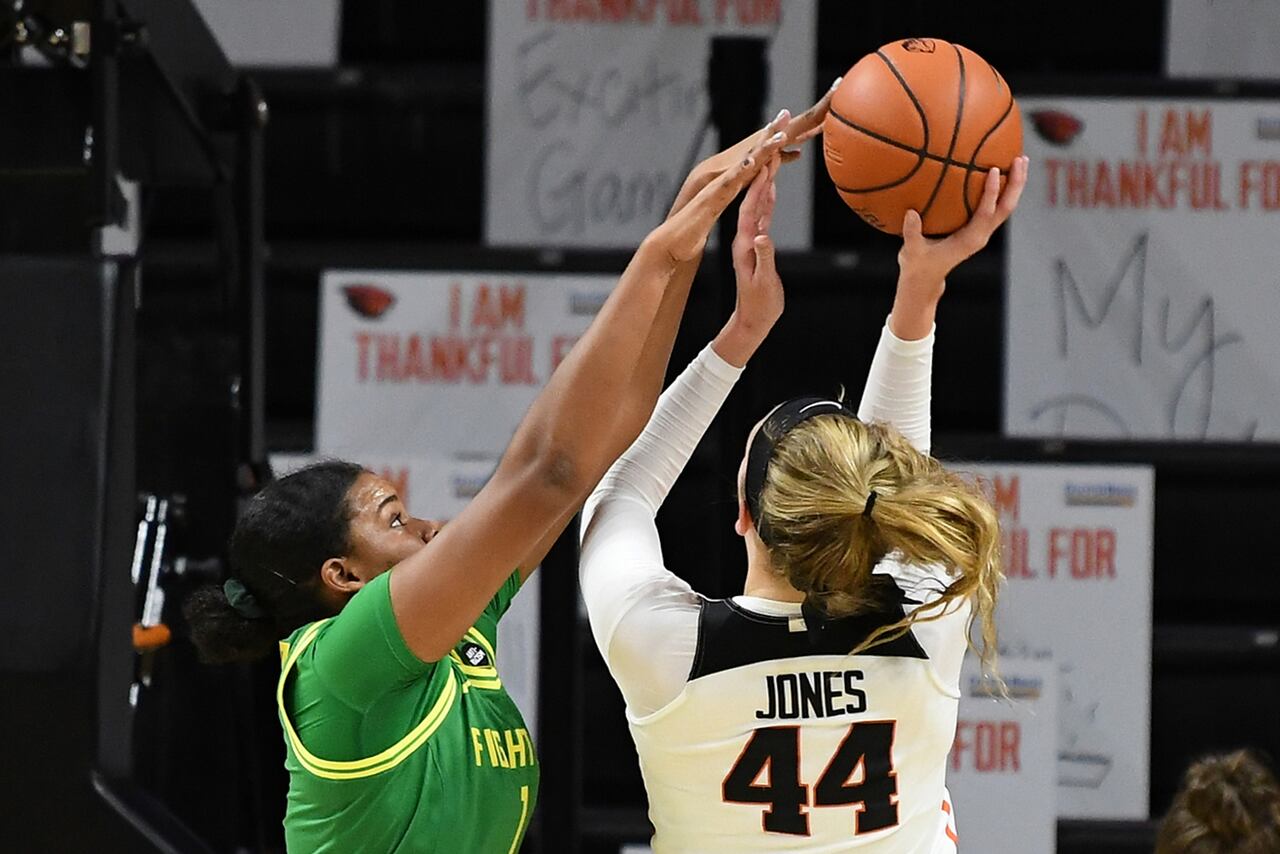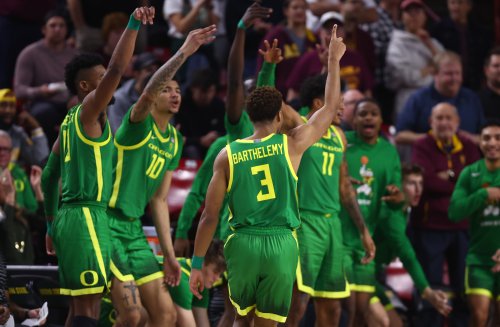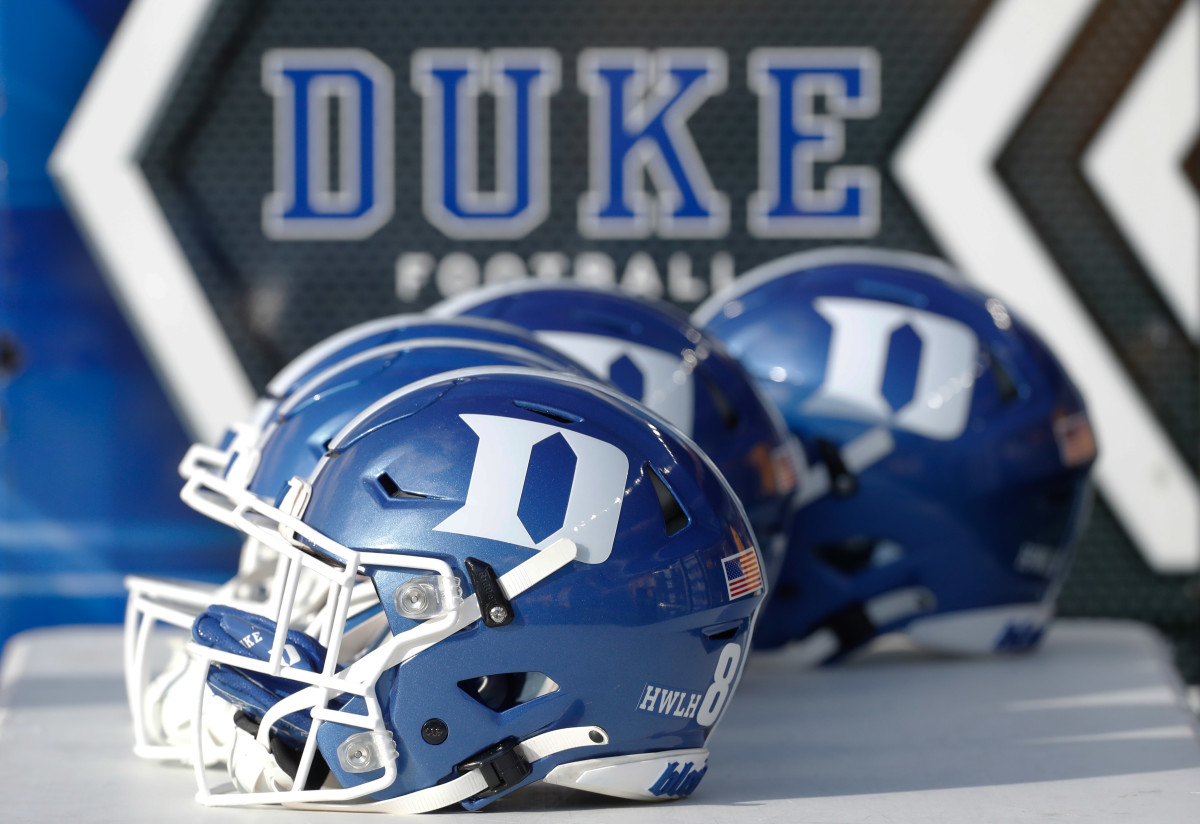FTC Challenges Microsoft's Activision Acquisition: A Legal Battle

Table of Contents
The FTC's Concerns: Antitrust and Competition
The FTC's primary argument rests on antitrust grounds. The commission argues that the Microsoft Activision Blizzard merger would significantly reduce competition within the video game market, ultimately harming consumers. Their concern centers on the potential for anti-competitive behavior resulting in less choice, higher prices, and stifled innovation.
- Domination of the gaming console market: The FTC worries that Microsoft's acquisition of Activision Blizzard, with its iconic franchises like Call of Duty, World of Warcraft, and Candy Crush, would give Microsoft an unfair advantage in the already competitive console market, potentially pushing out rivals like Sony and Nintendo.
- Control over key game franchises: The acquisition would grant Microsoft near-total control over immensely popular franchises. The FTC fears this control could be used to leverage anti-competitive practices, making these titles exclusive to Xbox or its game pass subscription service.
- Potential for anti-competitive practices like exclusive titles or price hikes: The FTC highlights the risk of Microsoft using its newfound power to raise prices, limit availability, or make popular titles exclusive to its platforms, stifling competition and harming consumers.
- Impact on smaller game developers and publishers: The FTC suggests that the merger could create significant barriers to entry for smaller game developers and publishers, limiting their ability to compete against a dominant Microsoft.
The FTC's complaint cites specific examples of Microsoft's past behavior and Activision Blizzard's market position to support its claims of potential anti-competitive behavior and monopoly power.
Microsoft's Defense: Synergies and Benefits
Microsoft vehemently denies the FTC's allegations, arguing that the merger will actually increase competition and benefit consumers. Their defense hinges on several key points:
- Arguments about increased competition and innovation: Microsoft contends that the merger will foster greater innovation by combining Activision Blizzard's game development expertise with Microsoft's technological capabilities. They posit this will lead to better games and more choices for gamers.
- Claims of benefits to consumers through broader game access: Microsoft emphasizes its commitment to bringing Activision Blizzard's games to a wider audience, including through its Xbox Game Pass subscription service, making them more accessible and affordable.
- Mention any proposed remedies or concessions offered by Microsoft to address the FTC’s concerns: In an attempt to address the FTC's concerns, Microsoft has offered concessions such as ensuring Call of Duty remains available on other platforms for a prolonged period.
- Highlight the planned investments in game development and expansion into new gaming platforms: Microsoft highlights plans to invest significantly in game development, potentially expanding the availability of Activision Blizzard titles across various platforms, including cloud gaming and mobile.
Microsoft uses the keywords synergies, consumer benefits, and innovation repeatedly in its defense to portray the acquisition as a positive development for the industry and consumers.
The Legal Process and Potential Outcomes
The legal proceedings are complex and involve various stages, including administrative hearings before an administrative law judge and potential appeals to higher courts. The timeline could span several months or even years.
- Explanation of administrative law judges and court processes: The case will follow established administrative law procedures, involving evidence presentation, witness testimonies, and legal arguments before an administrative law judge.
- Discussion of potential outcomes: Several outcomes are possible: the FTC could successfully block the acquisition entirely; the court may approve the merger conditionally, requiring Microsoft to make further concessions; or a settlement could be reached between the parties.
- Mention any key legal precedents or similar cases: The court will likely refer to past antitrust cases involving mergers in similar industries to guide its decision-making process.
- Discuss potential appeals processes: Regardless of the initial outcome, either party is likely to appeal to higher courts, potentially prolonging the legal battle significantly.
This antitrust lawsuit highlights the intricate legal procedures surrounding large-scale mergers and the challenges of balancing corporate growth with consumer protection.
Impact on the Gaming Industry
The outcome of this Microsoft Activision Blizzard acquisition legal battle will significantly impact the video game industry.
- Potential effects on game pricing and availability: Depending on the outcome, game prices could rise or fall, and the availability of certain titles might be affected, impacting consumer choice.
- Consequences for game developers and publishers: The decision could reshape the competitive landscape, influencing the opportunities available to independent and smaller studios.
- Implications for consumers: Consumers could see changes in game prices, access to titles, and overall market competition, depending on the court's decision.
- The broader effects on industry consolidation and innovation: The case sets a precedent for future mergers and acquisitions in the gaming sector, influencing the pace of industry consolidation and impacting future innovation.
The case will undoubtedly shape the gaming industry impact for years to come, affecting everyone from major corporations to individual gamers.
Conclusion: The Future of the Microsoft Activision Blizzard Acquisition – What's Next?
The FTC's challenge to the Microsoft Activision Blizzard acquisition presents a critical juncture for the gaming industry. The arguments center on antitrust concerns, potential market dominance, and the broader implications for competition and innovation. The legal battle's outcome will profoundly influence the landscape of video games, affecting pricing, availability, and the overall competitive dynamics of the sector.
To stay informed about this pivotal case and its implications, follow the ongoing legal proceedings and related news. You can find more information from reliable news sources covering technology, law, and the gaming industry. The future of this Microsoft Activision Blizzard merger remains uncertain, but its impact will undoubtedly be felt across the global gaming community.

Featured Posts
-
 Ufc 315 Fight Card Belal Muhammad Vs Jack Della Maddalena Prediction And Betting Preview
May 12, 2025
Ufc 315 Fight Card Belal Muhammad Vs Jack Della Maddalena Prediction And Betting Preview
May 12, 2025 -
 Stellantis Ceo Decision Imminent American Executive In The Running
May 12, 2025
Stellantis Ceo Decision Imminent American Executive In The Running
May 12, 2025 -
 Z Dnem Narodzhennya Prints Endryu Ditinstvo Na Fotografiyakh
May 12, 2025
Z Dnem Narodzhennya Prints Endryu Ditinstvo Na Fotografiyakh
May 12, 2025 -
 From Bathroom Boredom To Engaging Audio Ais Role In Poop Podcast Creation
May 12, 2025
From Bathroom Boredom To Engaging Audio Ais Role In Poop Podcast Creation
May 12, 2025 -
 Jurickson Profars 80 Game Ped Suspension Details And Impact
May 12, 2025
Jurickson Profars 80 Game Ped Suspension Details And Impact
May 12, 2025
Latest Posts
-
 Live Studio Reveal Kelly Ripa And Mark Consuelos Temporary Set Unveiled
May 13, 2025
Live Studio Reveal Kelly Ripa And Mark Consuelos Temporary Set Unveiled
May 13, 2025 -
 Oregon Ducks Fall Short Against Duke In Ncaa Womens Basketball
May 13, 2025
Oregon Ducks Fall Short Against Duke In Ncaa Womens Basketball
May 13, 2025 -
 Ncaa Tournament Watch Duke Vs Oregon Live Game Day Information
May 13, 2025
Ncaa Tournament Watch Duke Vs Oregon Live Game Day Information
May 13, 2025 -
 Duke Vs Oregon Ncaa Tournament Live Game Updates And How To Watch
May 13, 2025
Duke Vs Oregon Ncaa Tournament Live Game Updates And How To Watch
May 13, 2025 -
 Deja Kelly Undrafted Wnba Rookie Sinks Game Winning Shot In Aces Preseason Match
May 13, 2025
Deja Kelly Undrafted Wnba Rookie Sinks Game Winning Shot In Aces Preseason Match
May 13, 2025
